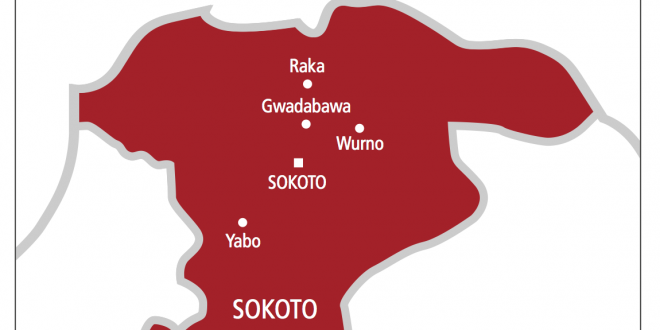Sokoto residents face tough time during Ramadan
Residents of Sokoto are finding it very difficult observing the Ramadan fast that just started due to harsh weather and unresolved epileptic electricity supply which has been lingering for months. Their situation is also compounded by an acute water and fuel scarcity and soaring prices of commodities. According to Caliphate Trust findings, the weather is […]

Residents of Sokoto are finding it very difficult observing the Ramadan fast that just started due to harsh weather and unresolved epileptic electricity supply which has been lingering for months.
Their situation is also compounded by an acute water and fuel scarcity and soaring prices of commodities.
According to Caliphate Trust findings, the weather is now running up to 41°C on the first day of the 30-day long Ramadan period.
The situation is made worse as the state capital is currently enjoying less than six hours of electricity supply, which is attributed to the reconductoring of the 132kv Birnin Kebbi-Sokoto line by the Transmission Company of Nigeria.
The persistent electricity outage has given ice block sellers field day as many residents patronise them to cool off.
A resident, Malam Abubakar Vulkanizer, said: “We are not finding it easy during this fasting period because of so many problems. There is the scorching sun, no stable light and there is serious shortage of potable water in the state.
“The prices of commodities have gone up. For instance, a bottle of vegetable oil, which was N450 before the fasting, is now around N700. A measure of sugar is now N1,300 which was N1,100 before this period.
Our correspondent learnt that prices of Irish potato, tomato and other food items have also soared.
The smallest basket of potato, which was sold at N700, is now between N1,000 and N1,100.
When contacted, the General Manager, Sokoto State Water Board, Isma’ila S. Umar, declined commenting on the perennial water scarcity in the state.
The Commissioner for Religious Affairs, Abdullahi Maigwandu said the state was organising Ramadan feeding for the less privileged people.
